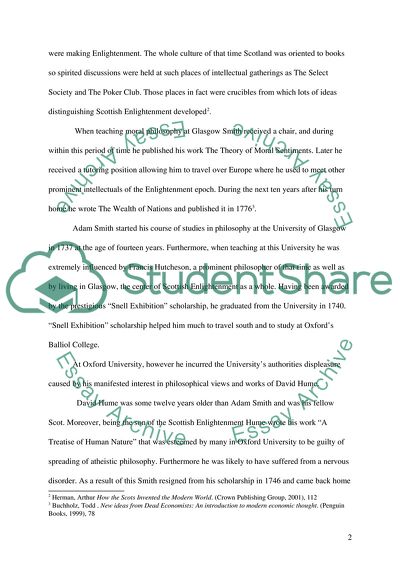Cite this document
(“Adam Smith During the Scottish Enlightenment Research Paper”, n.d.)
Adam Smith During the Scottish Enlightenment Research Paper. Retrieved from https://studentshare.org/social-science/1751632-adam-smith-during-the-scottish-enlightenment
Adam Smith During the Scottish Enlightenment Research Paper. Retrieved from https://studentshare.org/social-science/1751632-adam-smith-during-the-scottish-enlightenment
(Adam Smith During the Scottish Enlightenment Research Paper)
Adam Smith During the Scottish Enlightenment Research Paper. https://studentshare.org/social-science/1751632-adam-smith-during-the-scottish-enlightenment.
Adam Smith During the Scottish Enlightenment Research Paper. https://studentshare.org/social-science/1751632-adam-smith-during-the-scottish-enlightenment.
“Adam Smith During the Scottish Enlightenment Research Paper”, n.d. https://studentshare.org/social-science/1751632-adam-smith-during-the-scottish-enlightenment.


